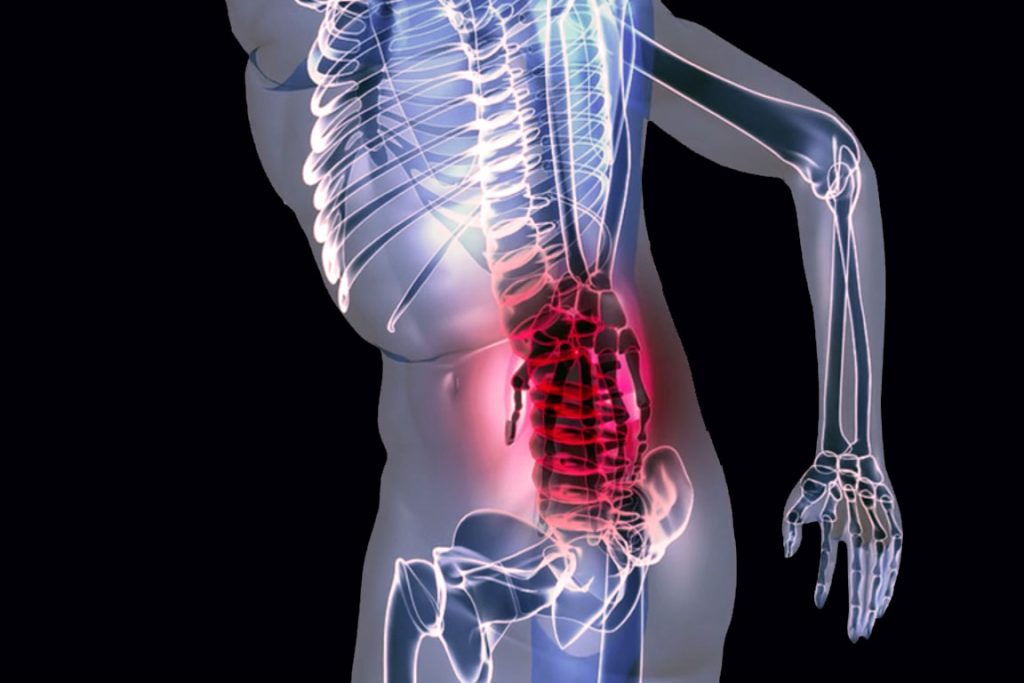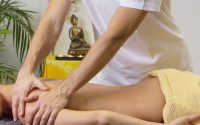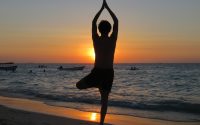Massage Reduces Pain in Individuals with Chronic Low Back Pain
A study from Canada investigated the effect of a session of massage on the physiological and clinical effects of muscle fatigue in nonspecific chronic low back pain (cLBP) individuals. The study also investigated if there’s an association between physiological and clinical changes induced by massage.
Thirty-six cLBP individuals participated in 2 experimental sessions. In one session, a protocol to induce muscle fatigue called the Sorenson test was initiated followed by a 30-minute massage. In another session, only the Sorenson test was performed by participants. The Sorenson or Biering-Sorenson test is an isometric endurance test for the endurance of the trunk extensor muscle. It is usually used to test the occurrence of LBP.
Lumbar paraspinal muscle activity was recorded using surface electromyography, and maximal voluntary contraction force was measured using a load cell. Participants rated their lumbar pain intensity before and after massage and after the Sorensen protocol.
Results of the experiment showed that
- pain perception was significantly reduced after the massage but did not seem to influence pain score when another Sorensen test was performed.
- Individuals with a high score of low back pain-related disability showed lower back muscle endurance time.
- Massage yielded no significant effect on fatigue-related physiological variables.
The authors concluded that the perception of pain in cLBP individuals was reduced after the massage. Although massage yielded some positives clinical effects, they were not explained by a reduction in physiological effect of muscle fatigue.


